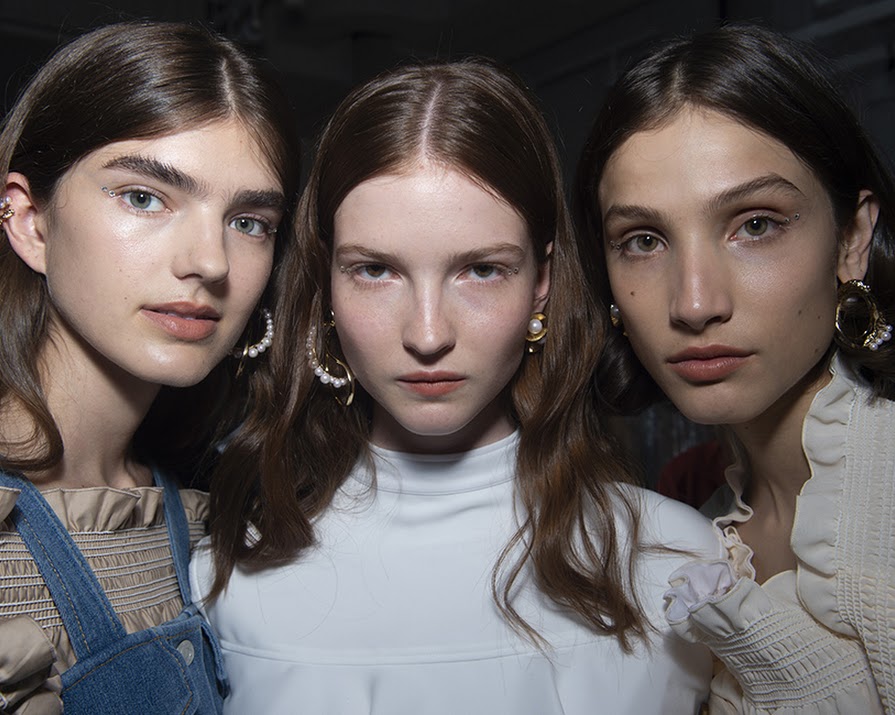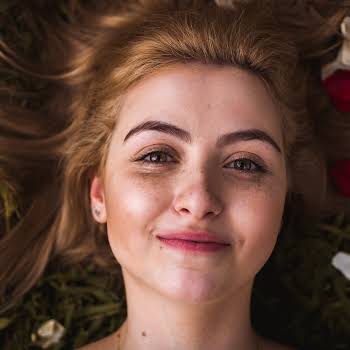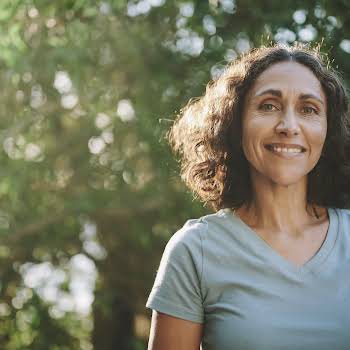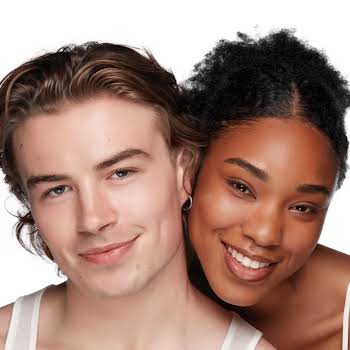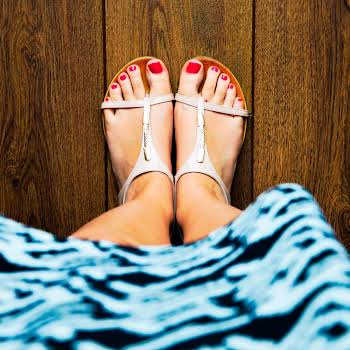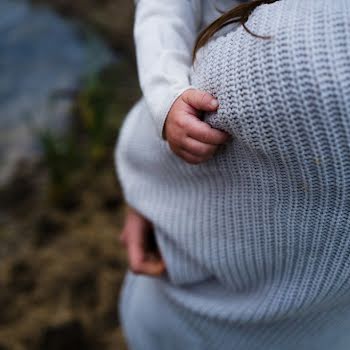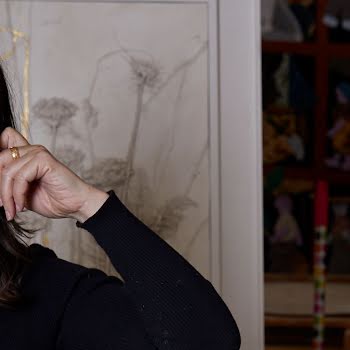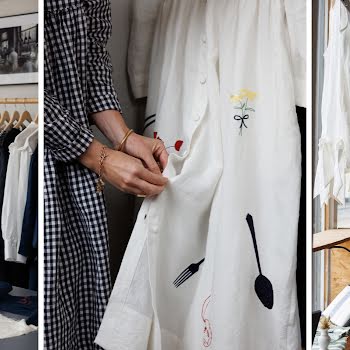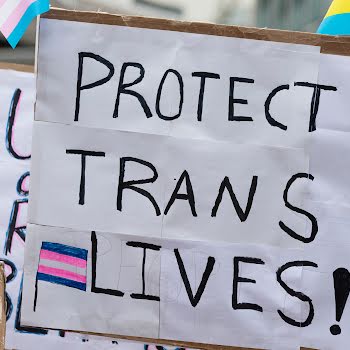
By Jennifer McShane
12th Aug 2020
12th Aug 2020
Irish skin therapist Eavanna Breen outlines her expert guide on how to combat the skin condition which is one of the most common skin complaints among women
We talk a lot about acne here at IMAGE. Because most of us have had flairs as a teenager – only for the regular breakouts to resurface once you reach adulthood. Or, worse still, you have hit your thirties and upwards and have never had a reprieve from them. For some, it can be a case of no acne at all and then unexpectedly in their twenties, it begins. Of the women who suffer from acne in adulthood, 80% will have had persistent acne since adolescence. The remaining 20% enjoyed clear skin during adolescence and without warning, developed breakouts for the first time when they were over 18.
“When it comes to acne breakouts some people will, in time, grow out of this skin infliction, while others are not so lucky,” explains Irish skin therapist based in Akina Beauty Clinic, Eavanna Breen. “There are increasing numbers of people suffering with acne today, regardless of their age or what therapies they have undergone, attempting to get the acne under control.”
What causes it?
“There are a number of reasons that this can happen but most commonly it is down to excess androgen hormones stimulating the oil glands in the skin. Chronic acne is something that needs to be managed professionally to avoid needless suffering.
“There are many forms of acne but all acne starts when there is a build-up of dead cells in your pores, alongside an increase of oil. This is the perfect environment for C. acne bacterium, which feeds on this build-up of dead skin and oil. The C. acne bacteria in the pore causes inflammation, leading to the redness and raised skin in the area that is seen as acne.”
“There are a number of treatments and therapies that can help with acne breakouts, however, sometimes medical intervention is needed – quite often the combination of medication alongside clinical treatments is the winning answer,” she continued.
How can I treat my acne?
Each case is unique and what will work for one person is not the answer for everyone, but these following expert steps will help”
- The first step to helping to treat acne is with topical solutions. Ingredients such as salicylic acid, vitamin A, niacinamide, benzol peroxide and tea tree oil are good places to start. See an expert skin therapist, to ensure you are using the best products for your skin.
- Using the correct skincare products. These, combined with clinical treatments such as chemical peels, LED light therapy and laser works very well in many cases.
- Diet: While there is limited research to show that diet has a big effect on acne, there is however some evidence to suggest that a high GI diet, sugar and dairy products can be a catalyst factor for some.
- Stress also plays a part. Stress causes inflammation in your body, which can worsen pre-existing acne. It can also increase the levels of cortisone in your body which can cause a knock-on effect of increasing oil production in your skin. Finding a stress management technique that works for you is important.
- Getting sufficient sleep is vital for the health of your skin. During the night your skin has its own circadian rhythm whereby it regenerates, heals and repairs itself. These processes do not take place if we do not get adequate sleep.
- If your acne shows no sign of improving after a number of weeks or if it seems to be getting worse, then a visit to your GP would be the next step. At present, there is no all-in “cure” for acne but treatment options include oral contraceptive, oral antibiotics or isotretinoin capsules.
Photography by Jason Lloyd Evans.
Read more: Kate Moss shares a peek inside her beauty routine
Read more: Naomi Campbell shares her ten-minute €679 beauty routine
Read more: Watch Rosie Huntington-Whiteley’s 13 minute, €855 step-by-step tutorial for beach waves











